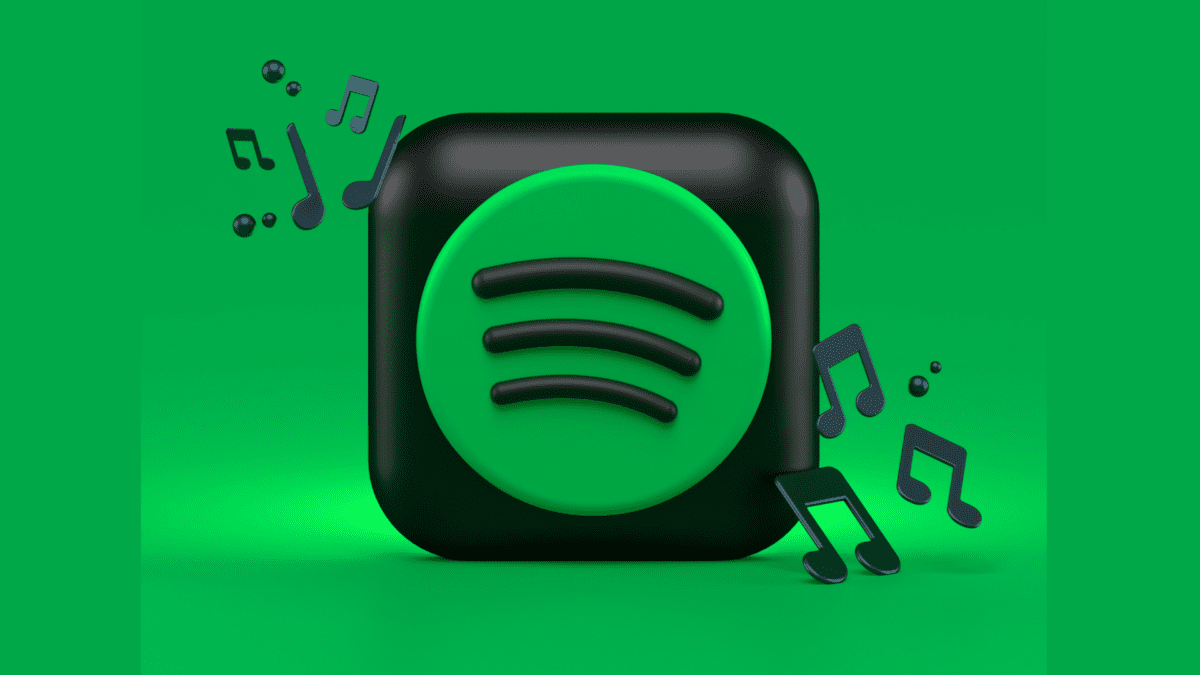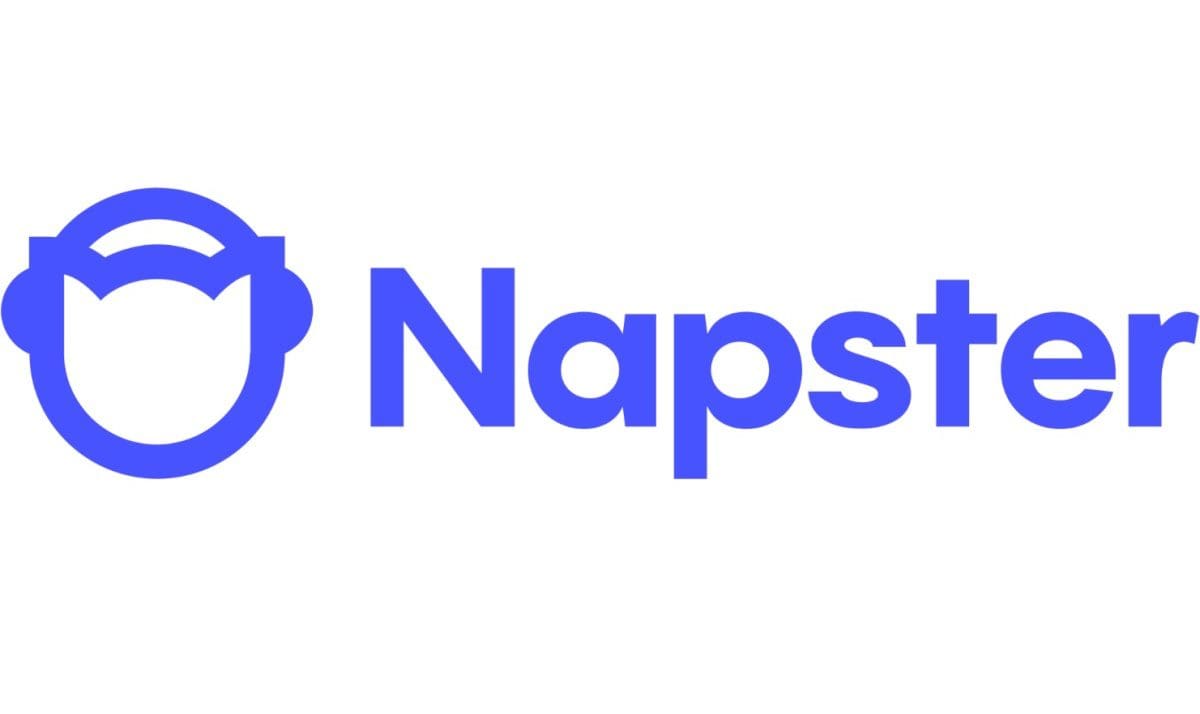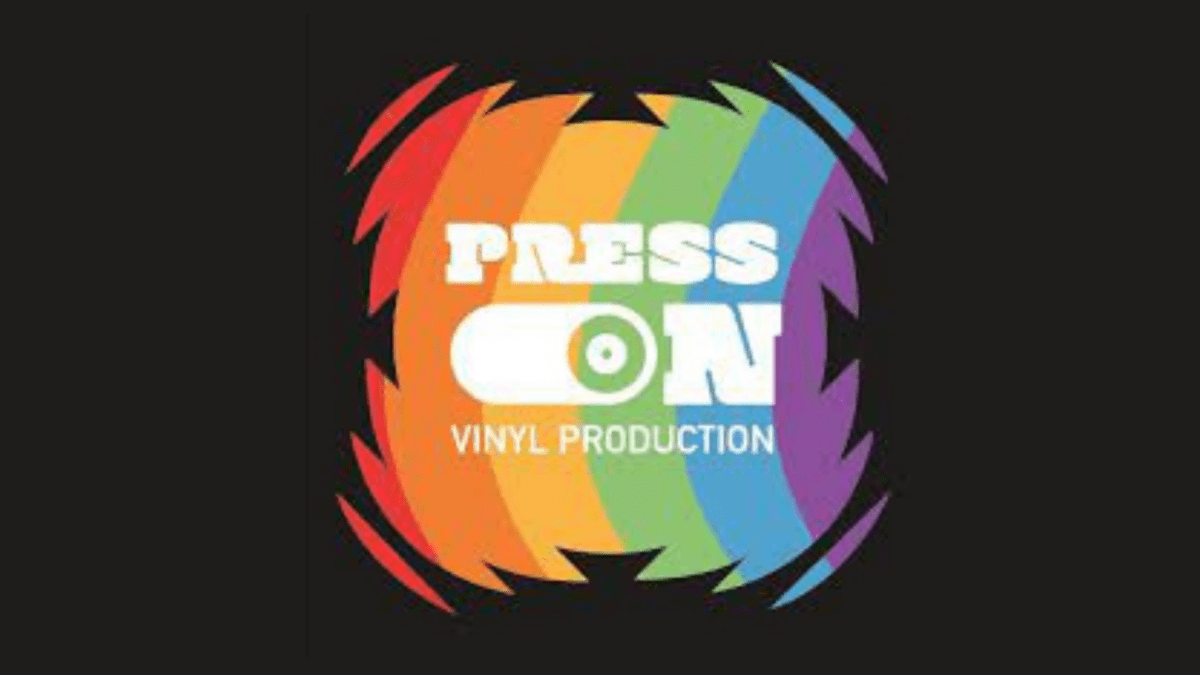SoundExchange serves a very unique purpose within the music industry, this non-profit organization is all about collecting and dishing out performance royalties for sound recordings, so let’s get started and login.
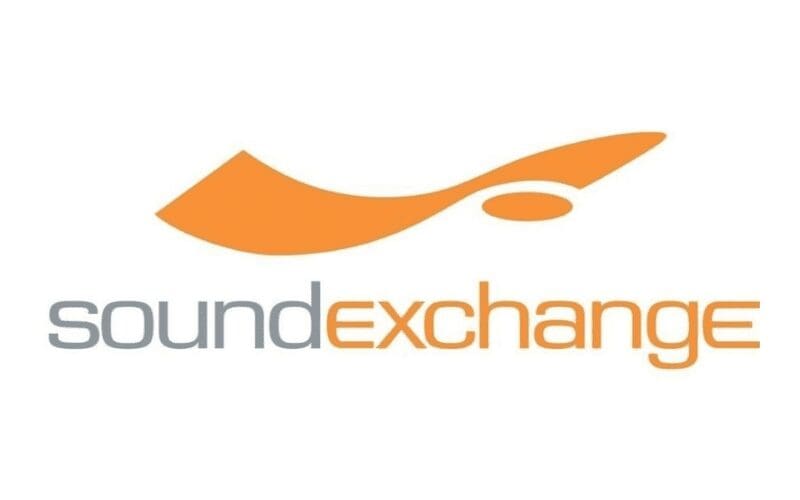
Overseen by artist representatives and artists, SoundExchange gathers and distributes royalties that have been earned from a non-interactive use of sound recordings.
But how does SoundExchange operate, and how does it help artists in the music industry? Keep reading to find out!
What Is SoundExchange?
Established by the Copyright Royalty Board, SoundExchange is a non-profit organization. They collect and distribute digital performance royalties on behalf of recording artists, master rights owners, and independent artists.
SoundExchange collects these royalties from the following main sources – non-interactive webcasters, satellite and digital cable TV, and satellite radio services.
What Do SoundExchange Do And Who Is It For?
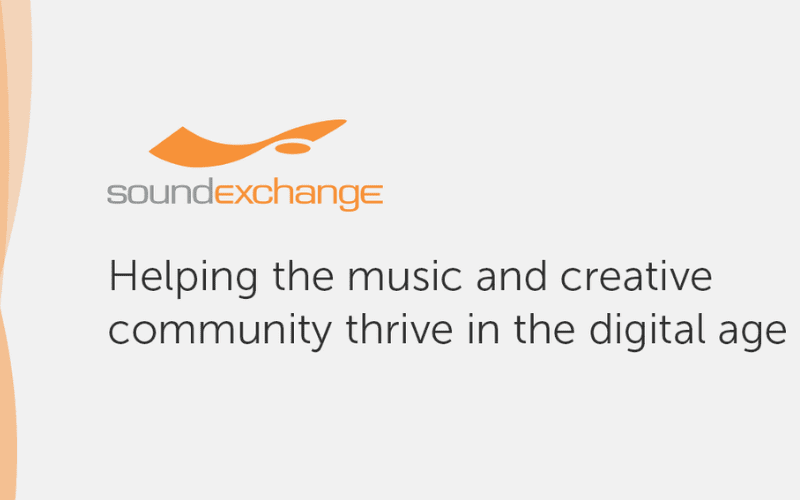
For many years, the music and entertainment industry lacked an organization that monitored and distributed digital royalties fairly. No one governed statutory licenses for music and sound copyrights.
What makes SoundExchange login different is that they are concerned with paying out royalties for sound recording performances. Which come under the new federal laws of music licensing.
Not only does SoundExchange handle performance royalties, but they also gather and analyze all the data associated with a certain recording. They distribute royalties accordingly to featured artists, the copyright owners, and where applicable, to non-featured artists.
Where Does SoundExchange Collect Royalties From?
SoundExchange collects royalties from many sources. Such as non-interactive music platforms and webcasters such as Pandora. This category consists of music streaming services that do not allow subscribers to select specific songs.
Whenever a song is played through satellite TV and digital cable, SoundExchange will collect royalties. As well as similar music-related services such as Music Choice.
Satellite radio services also collect royalties. Terrestrial radio, however, is very different. It is usually only the songwriter and/or the publisher that receive performance royalties from terrestrial radio. The actual performing artist is very much overlooked.
SoundExchange ensures the distribution of performance royalties to recording artists as well, especially when platforms such as SiriusXM or similar satellite radio services play a song so let’s find out more before you login.
The Structure Of SoundExchange
SoundExchange is the only designated organization by the Library of Congress that is in charge of collecting digital royalties. The United States Copyright Office has also designated SoundExchange as the sole distributor for performance royalties. Earned by copyright owners and performers.
There are a few similar organizations such as ASCAP, BMI, and SESAC however they collect different types of royalty. These Performing Rights Organizations (PROs) collect public performance royalties. They then get distributed to the songwriters and publishers.
Even for artists outside of the states, SoundExchange is a great tool. The organization has over 45 collection agreements, covering various jurisdictions and counterparts in 35 countries. Whenever a song is played in a certain region, these counterparts distribute the royalties to SoundExchange. SoundExchange then distributes this to copyright holders and performing artists.
SoundExchange Direct
Most artists and masters owners who register their music with SoundExchange, also register for SoundExchange Direct.
This online management tool helps artists to keep a clear account of their recordings and digital performance royalties. This service also gives musicians insightful data about their music, so go to SoundExchange login now.
How Much Does SoundExchange Cost And Is It Worth It?

There is no SoundExchange membership fee, so it is worth it for copyright holders and artists to login & sign up!
While creating a membership is free, they do take a small percentage for administrative fees. However, this is small if you compare it to the money that the platform helps to bring in from your music.
How Much Does It Pay?
The actual amount that artists receive varies, as it is based on several things. Such as what platforms play your music, and how much these platforms pay per song stream.
By law, 45% of royalties earned from ‘performances’ are distributed directly to the artists on the recordings. Around 5-10% of performance, royalties are also paid to other non-featured artists. This involves session musicians and backup musicians.
The rights owners (usually the record labels) get the rest. SoundExchange pays artists their royalties every quarter and don’t worry if you think it’s too late. You can still receive royalties even if it’s from a few years ago.
Projects And Initiatives
Not only does SoundExchange work hard to give performing artists the royalties they deserve, but they have also introduced many intuitive associates with music licensing login.
They launched a metadata service that allowed a variety of artists and musicians to search through songs. This service has over 20 million recordings. SoundExchange users can search through and find out their unique identifiers.
Along with their subsidiary – SXWorks, SoundExchange also launched a similar initiative in 2018 that allowed musicians and publishers to check whether someone intends to use their musical content. This free tool helps copyright holders to identify their work.
Songtrust vs SoundExchange
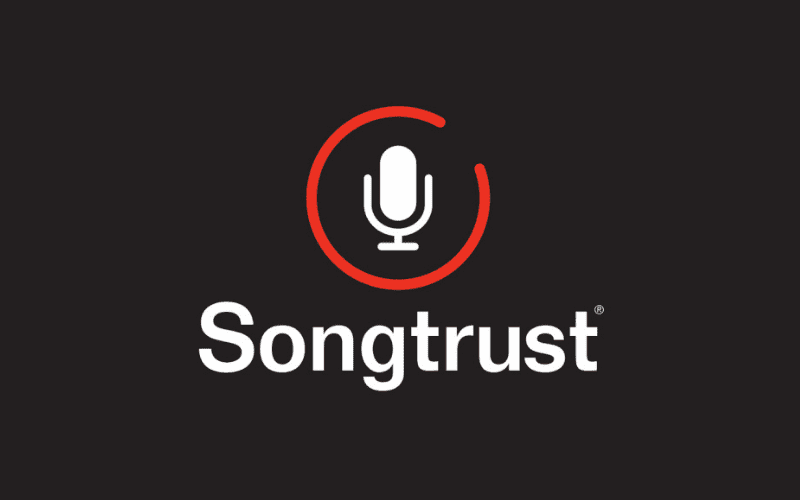
Songtrust operates in a very similar way to how SoundExchange does. However, Songtrust collects royalties earned from compositions. Known as mechanical royalties, and are paid to publishers and artists.
If your music is played on the radio and interactive streaming services, then you should definitely consider registering with Songtrust and SoundExchange.
To find out more, read our Songtrust review here.
SoundExchange vs Distrokid
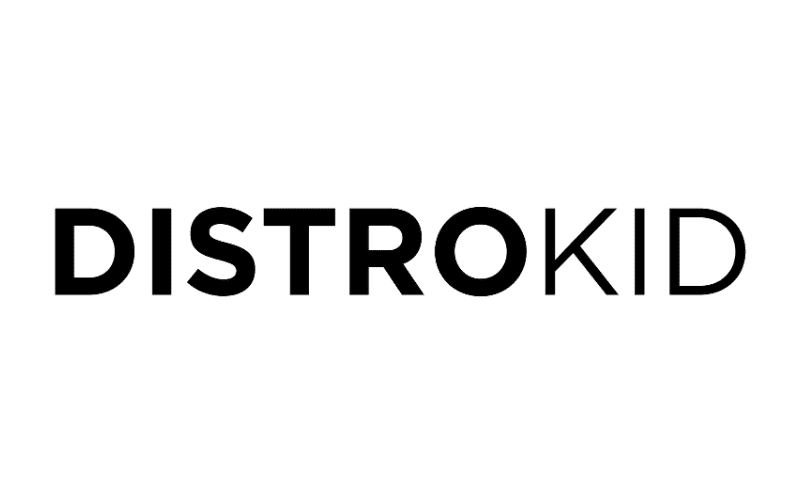
Distrokid is very different from both platforms. While DistroKid does also collect and pays royalties, its main function is to distribute rights-holders’ music to streaming services and online retailers. Rather than act as an agency responsible for collecting royalties.
To find out more, read our Distrokid review here.
Our Final Thoughts
Making it in the music industry can be a very tough process. This is why SoundExchange is crucial for many people.
Even if your songs have only been streamed a few hundred times on the non-interactive services mentioned in this article, it is still worth signing up for. You could be missing out on a lot of money that your music has earned.
The data that SoundExchange provides is also really useful. If utilized correctly, it can help boost your musical career. You may see that your songs are popular in a certain region. This can help you better plan for tours and new music that is more catered to a certain place.
SoundExchange should not be used in isolation though, especially if you are a performing artist who writes and produces songs. While this collective rights management organization is great at distributing money to artists for their music, it only concerns a certain type of royalty.
However, registering with SoundExchange is still a great way for recording artists and record labels to get paid for their work. Plus, it’s free! So what’s not to love?
We hope you found this article helpful! To collect your digital performance royalties, sign up with SoundExchange today. If you have any additional questions about the company and their service, we suggest contacting them directly, here.


